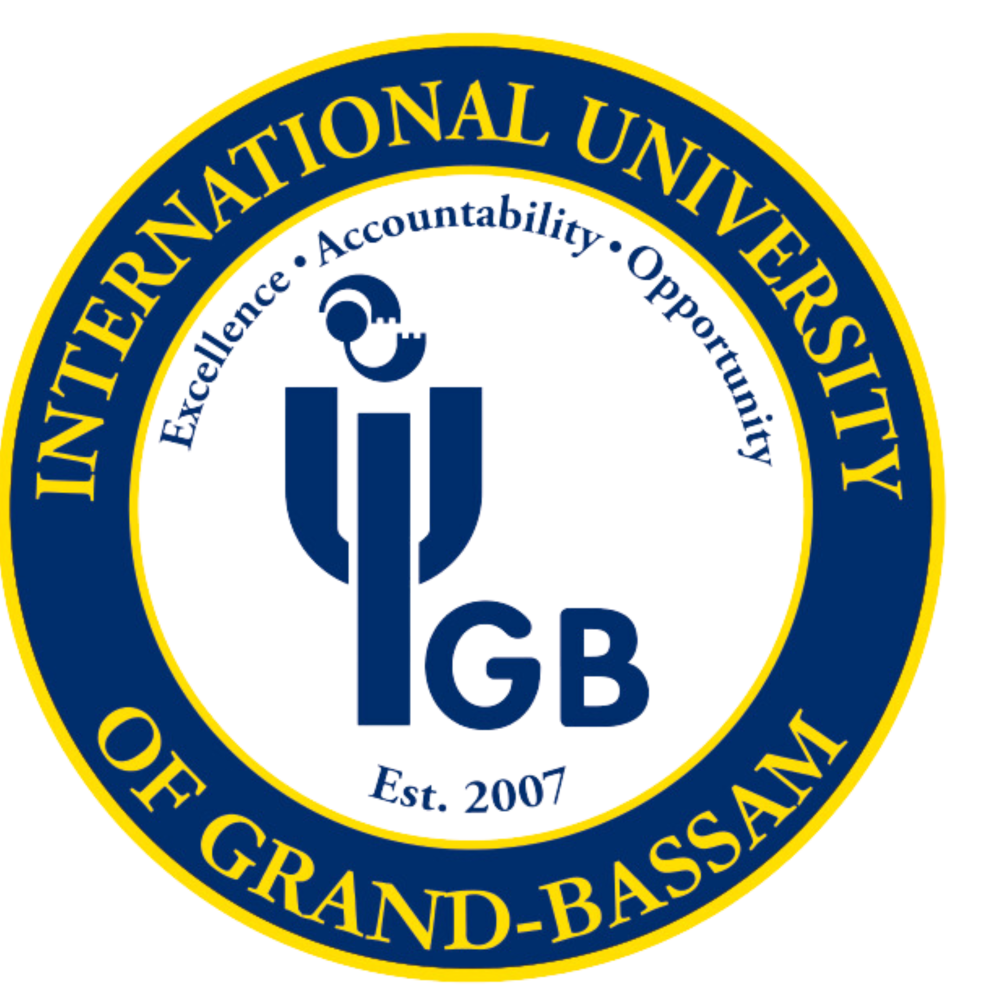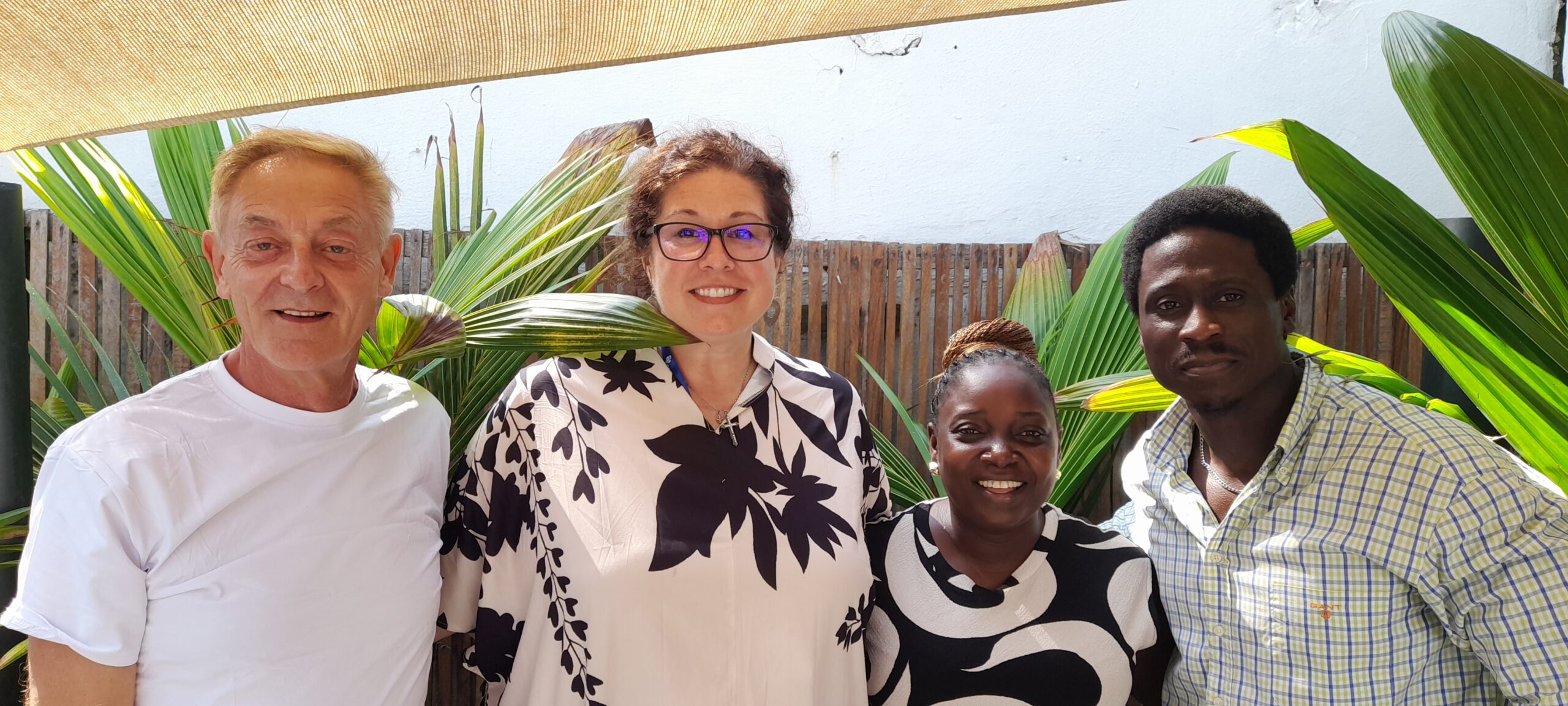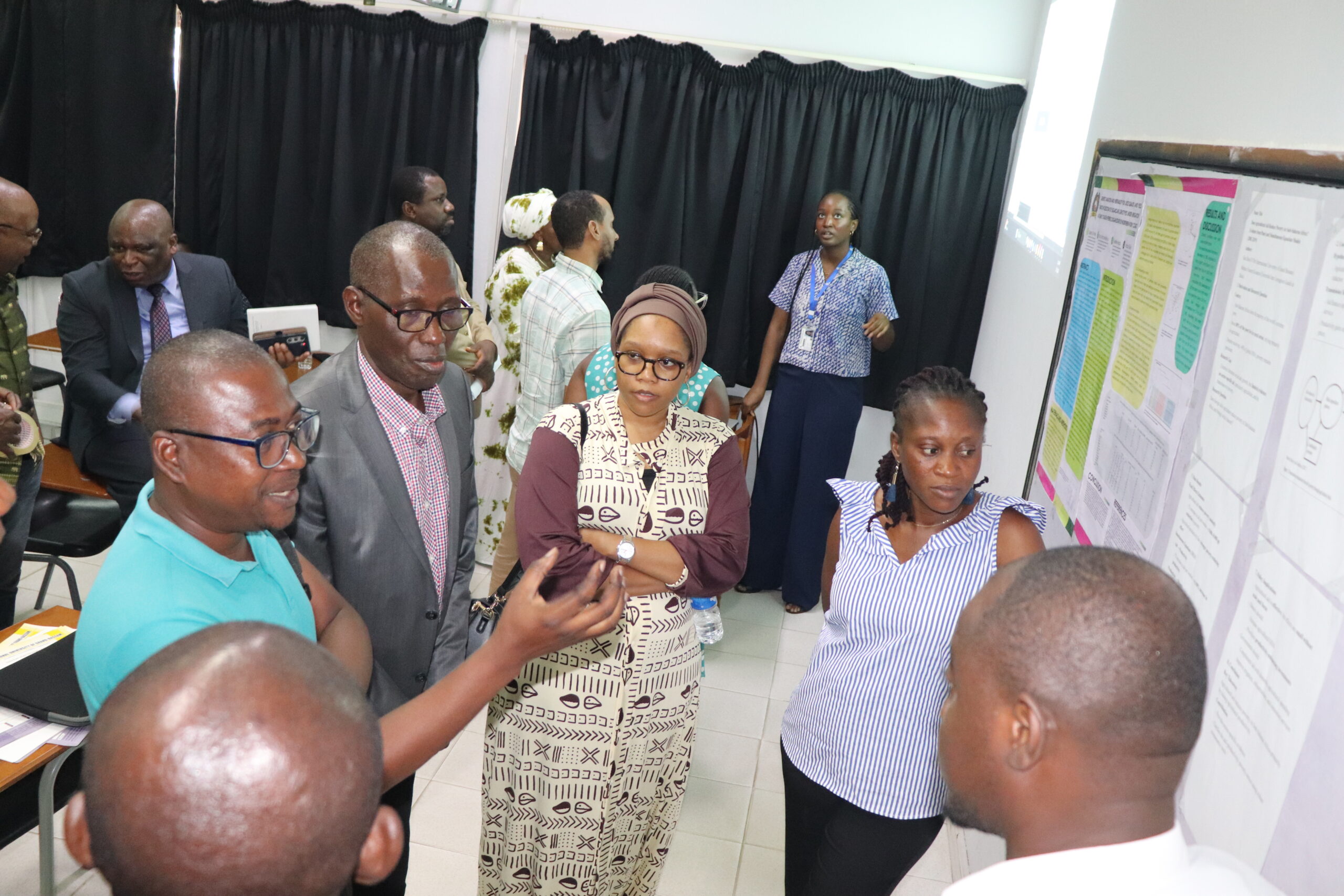From May the 20th to May the 24th, 2024, was held a practical workshop on the design and development of wind turbines in Cote d’Ivoire to be implemented in selected Ivorian villages and remote areas non connected to the public national grid. The workshop was an opportunity to bring
together six (6) Ivorian universities (International University of Grand-Bassam, Université Félix-
Houphouët-Boigny de Cocody, Université Peleforo Gon Coulibaly de Korhogo, Université
Polytechnique de San Pedro, Université de Man, and Institut National Polytechnique Félix Houphouët-Boigny de Yamoussoukro) as well as several villages and remote localities from regions of Ouangolodougou, Korhogo, Bouna, Man, San Pedro, and Adiaké to promote renewable energies and to enhance local skills in the technology of wind turbines. The workshop was organized by KOC Bridges to Peace, AEGIS, and the Ivorian Network for the Rights of Children and Women
(RIDDEF), in collaboration with the laboratory of technology of the Félix Houphouët Boigny University. The ZEPHATTAN project, also known as Energy in a Box, is supported and funded by the Innovate UK and the Foreign and Commonwealth Office (FCDO) of the United Kingdom.

Four (4) IUGB students of MET department: OUATTARA Saratou, DJESSAN Marie Karen,
KONÉ Rosemonde Yenin, and KOUMAN Narcisse made up the IUGB delegation led and
supervised by Dr. SINDE Seydou. The aim of the workshop was to practically train the participants in the design, development, and installation of the various components of the wind turbines such as rotors, stators, blades, electrical and electronic boxes, mats, and tails using the available recyclable
materials with a particular focus on converting alternating current to direct current.
The workshop program, spread over five days, offered a balanced combination between theory and practice. The participants were, first, introduced to the renewable energies, then, they visited the
solar and wind energy installations on the Cocody campus before being practically trained on design, development, and control of the turbine blades, rotors, stators, and mats. The fifth and last day was dedicated to the presentation of the achieved work, tests of the designed and developed wind turbines, as well as a Q&A session.
The workshop was such a great success that it enabled the participants to acquire practical skills in wind turbine design and development with a good understanding of the dynamics of both wind and solar energies. The students went to the workshop with high enthusiasm and great motivation, and
they actively participated in all stages of the process, from design to installation. The participation
and involvement of the IUGB via its representatives was particularly remarkable, as the students
and Dr. SINDE significantly contributed to the achievement of workshop objectives. The skills acquired and the commitment to promoting renewable energy will have a lasting impact on the
respective communities of the participants.
This workshop for the development and implementation of wind turbines in the country was an exemplary initiative, as it highlighted the importance of renewable energies and the importance of
collaboration among academic institutions and rural communities within the country. Thanks to this
training, the participants might now be better equipped to contribute to sustainable development and
energy autonomy in their villages. IUGB, via the active participation of its students and Dr. SINDE,
has demonstrated its commitment to innovation and community development, paving the way for
future collaborations and similar initiatives. The skills and competence acquired in this workshop
should motivate the attending students to design and install, at least, one wind turbine on the IUGB campus. The acquired skills from the workshop should also encourage the IUGB administration and decision makers to consider the implementation of wind turbines in the project of the new campus
that is intended to be a green campus.




